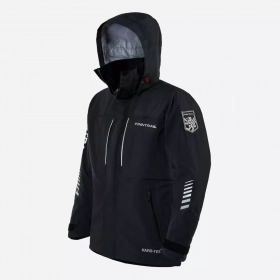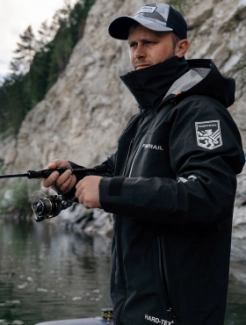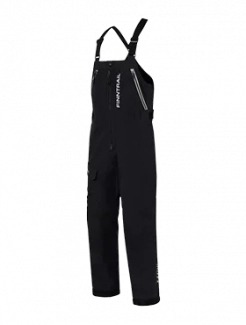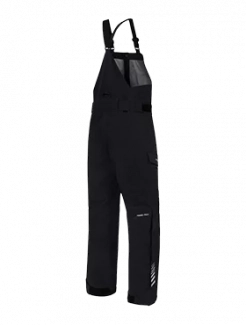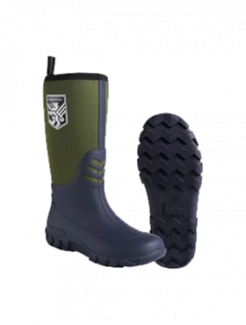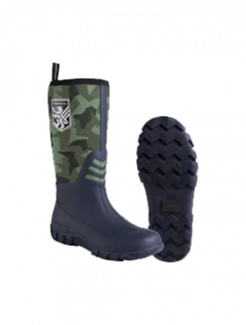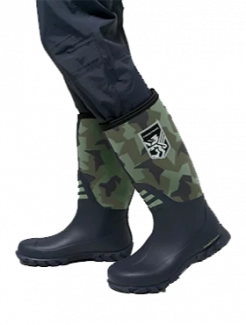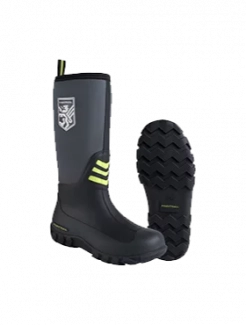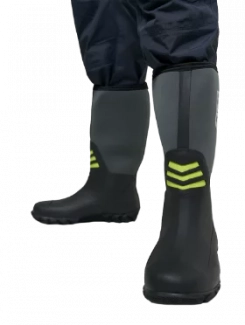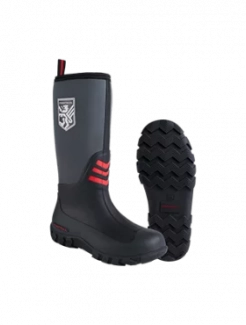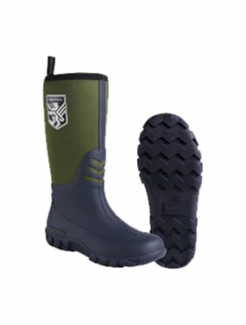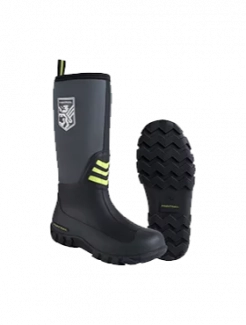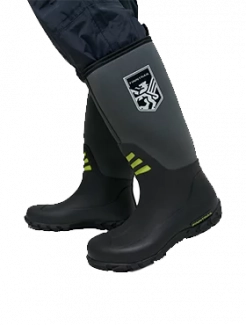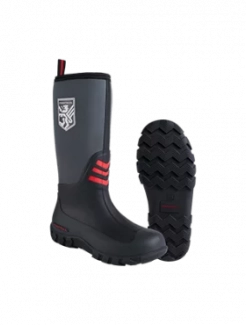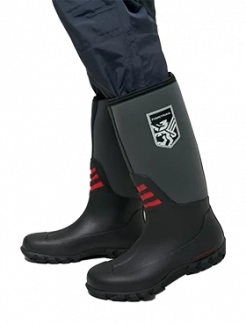Understanding Boating License Requirements in Germany
Germany, known for its vast network of rivers, serene lakes, and access to both the North Sea and Baltic Sea, offers excellent opportunities for boating and water sports. Whether you're a resident looking to explore the waterways or a visitor planning a scenic trip by boat, you might need a boat license.
Understanding when and why you need a license, which type to get, and how to go about it is essential for a safe and lawful boating experience in Germany.
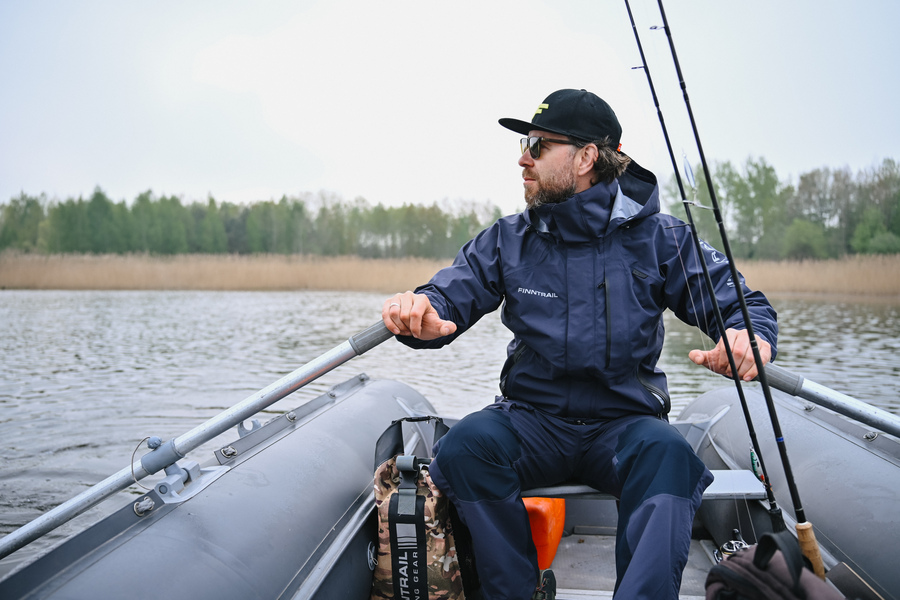
When Do You Need a Boat License in Germany?
Germany has specific rules regarding who needs a boat license and under what circumstances. These regulations aim to ensure that individuals operating motorized or large vessels have the knowledge and skills necessary to do so safely. Four key factors determine whether a boat license is required:
-
Type of vessel: Whether you’re using a motorboat, sailboat, or personal watercraft.
-
Engine power: Boats with engines over 15 horsepower (11.03 kW) typically require a license.
-
Location: Rules differ between inland waterways and coastal waters.
-
Age of the operator: Minimum age requirements apply for certain types of boats and licenses.
If you’re operating a motorized boat with more than 15 hp, whether on a lake, river, or at sea, a license is mandatory. However, for smaller or slower vessels, especially electric boats or paddleboats, no license is required.
Types of Boat Licenses in Germany
Germany has two main recreational boat licenses, each tailored to different types of waterways. Knowing which one you need depends on where and how you intend to navigate.
Sportbootführerschein Binnen (SBF Binnen)
The SBF Binnen license is necessary for operating a motorized vessel with more than 15 hp on inland waters, including lakes, canals, and rivers such as the Rhine, Elbe, and Spree. This license is the most common requirement for those boating within city areas or countryside waterways.
This license applies to both motorboats and sailboats with auxiliary engines exceeding the 15 hp limit. Sailboats without engines—or with engines under that threshold—do not require a license for inland waters.
Sportbootführerschein See (SBF See)
If you're planning to navigate coastal waters, including areas up to 12 nautical miles off the German coastline, you'll need the SBF See. This is a requirement for anyone operating a seagoing boat or yacht powered by an engine over 15 hp in the North Sea or Baltic Sea.
The SBF See license also serves as a foundation for more advanced certifications such as the SKS (for extended sea voyages) and is internationally recognized in many countries.
What About Sailing Boats?
If you're planning to sail purely by wind and your boat has no motor, no license is required—regardless of your location in Germany. However, this changes the moment your sailboat is equipped with a motor exceeding 15 hp. In that case, the appropriate license (SBF Binnen for inland or SBF See for coastal) becomes mandatory.
For those looking to sail larger boats or in international waters, optional licenses like the SKS (Sportküstenschifferschein) or the SSS (Sportseeschifferschein) may be necessary or highly recommended, depending on the destination and insurance requirements.
Boat License Cost
The boat license cost varies depending on several factors: the type of license, the location of the boating school, whether you're bundling licenses, and what’s included in the training package. On average:
-
For either SBF Binnen or SBF See, the total cost ranges from €300 to €500. This includes:
-
Course materials and manuals
-
Theoretical and practical instruction
-
Examination fees
-
Medical certificate and vision test
-
For those pursuing both licenses together (common for those boating in mixed inland/coastal areas), bundled packages are available for approximately €500 to €800.
Additional optional costs may include:
-
First-aid training, which is required by some schools
-
Translation services or English-language instruction, especially useful for non-German speakers
-
Practice hours, if extra time on the water is desired beyond the required sessions
These costs can vary by region and school, so it’s a good idea to compare local providers.
How to Get a Boat License in Germany
Acquiring a boat license is a straightforward process, but it does involve preparation and examination. Here’s how it typically works:
-
Select a certified boat school (Bootsschule) in your area. Many offer both in-person and online theoretical lessons.
-
Complete the theory course, which covers navigation rules, safety procedures, right-of-way, and maritime law.
-
Participate in practical training, including docking, steering, turning, and emergency handling.
-
Take the exam, which consists of both a written test and a practical assessment on the water. Exams are conducted by either the German Motor Yacht Association (DMYV) or the German Sailing Association (DSV).
-
Submit required documents, such as a medical certificate for visual acuity and reaction time, a passport-sized photo, and proof of identity.
Many schools provide courses in English, particularly for the SBF See license, to accommodate international residents and tourists.
Tourists and Temporary Visitors
If you're visiting Germany temporarily and want to enjoy its waters without going through the full licensing process, there are still options.
Some boats—particularly those with engines under 15 hp—can be rented license-free, which is ideal for a casual day on the lake. These are available in popular tourist areas like Lake Constance, the Müritz region, and Berlin’s waterways.
If you already hold an international boat license, it may be recognized in Germany. However, recognition depends on the country of issue and the license type. It’s always wise to contact the boat rental provider ahead of time to verify requirements.
For more advanced boating, especially on the sea, you will need a German license or an equivalent international certification, even if you're only in the country for a short time.
Conclusion
Boating in Germany can be a memorable and rewarding experience, whether you're exploring the winding rivers of the countryside or cruising along the coasts. But understanding the legal requirements is key. Depending on your vessel, location, and engine size, you may need either the SBF Binnen or SBF See license to operate legally.
Fortunately, obtaining a boat license in Germany is both accessible and affordable. With average costs ranging between €300 and €800, it’s a manageable investment for anyone serious about enjoying Germany’s waters safely and responsibly. Whether you're a local or a visitor, having the right certification ensures your boating adventure is both fun and compliant.

